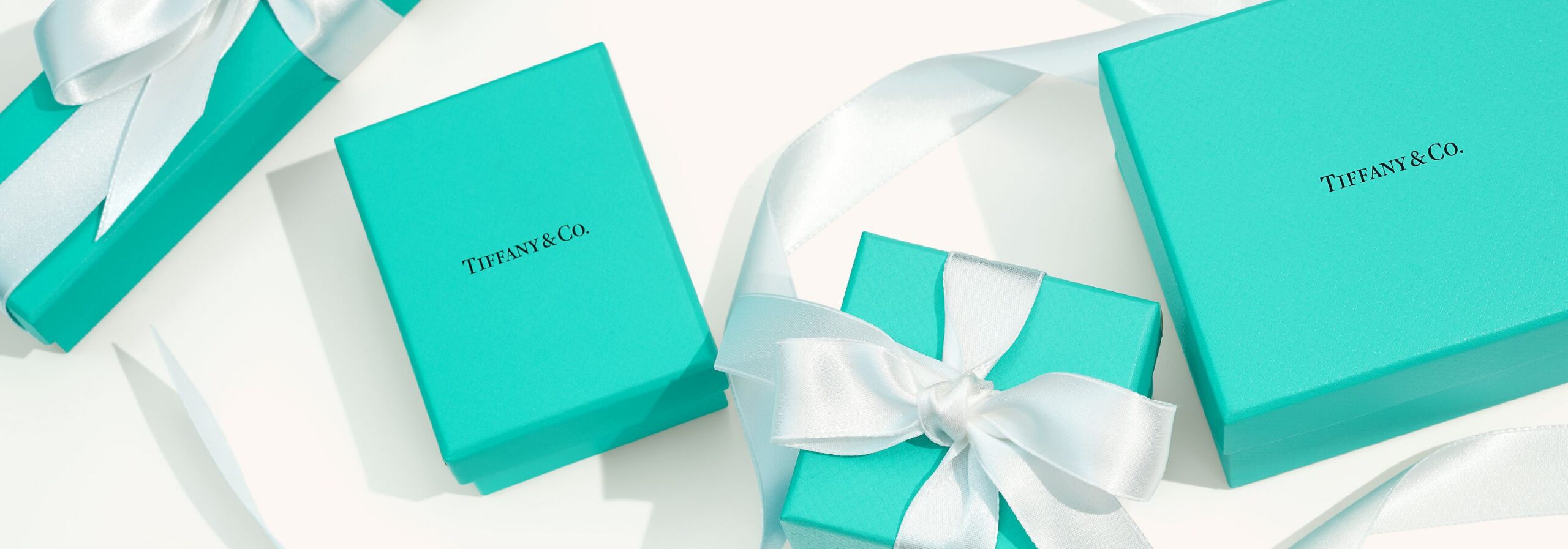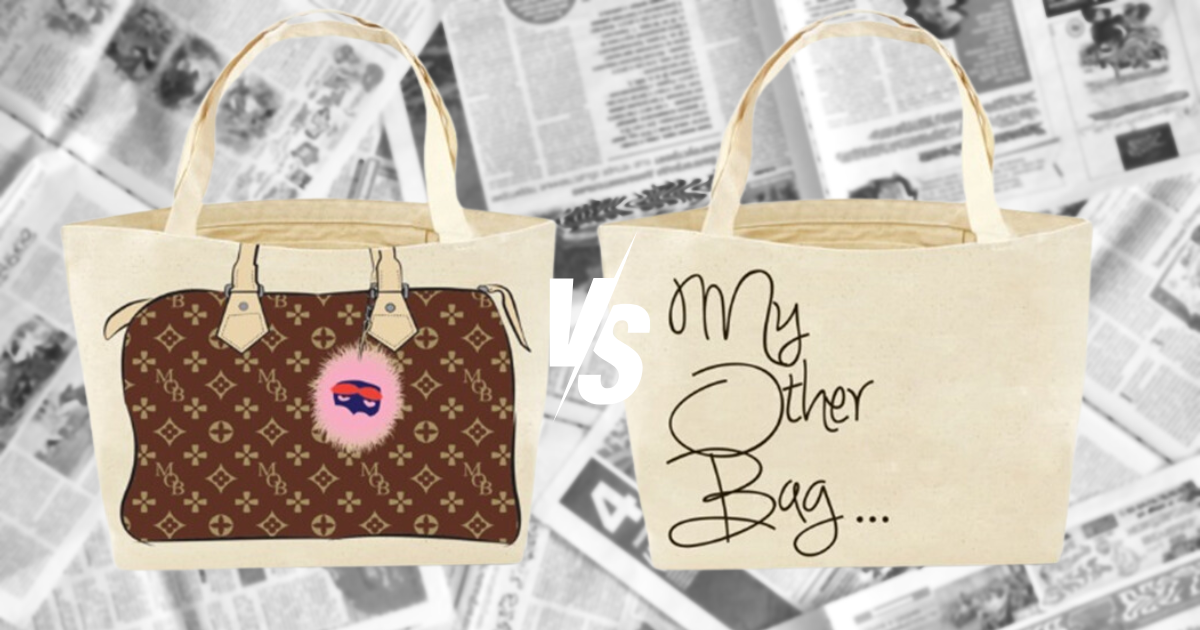Introduction
The case of Fendi Adele S. r. l. v. Ashley Reed Trading, Inc. (2010) illustrates how relevant is the issue of trademark protection and the fight against counterfeiting in the field of fashion. The case highlights that luxury brands need to protect their trademarks very aggressively and act swiftly against imitators in a bid to protect the reputation of their brands and consumers. As such, the legal case presented in this paper may be cited as a guideline for future trademark litigation cases and counterfeiting of fashion brands, based on the legal remedies offered by applicable law. The case was prosecuted in 2010, and it mainly revolves around the questions of trademark and counterfeiting. Therefore, this case brings to light the need to safeguard luxurious brands against fake products and it outlines the legal measures taken for the protection of brands.
Background
Fendi Adele S. r. l. (Fendi), an Italian luxury fashion industry specializing in high-end handbags, wallets, and accessories, found that the respondent Ashley Reed Trading, Inc. (Ashley Reed) was dealing in fake Fendi products. A luxury fashion house Fendi filed a case against Ashley Reed for giving an infringement to its trademark and copying the products also indulging in unfair competition.
Legal Issues
The primary legal issues in this case include:
- Trademark Infringement: If the use of Fendi’s registered trademarks by Ashley Reed in the sale of bogus products constituted an infringement of the trademarks’ rights.
- Counterfeiting: If the products that Ashley Reed sold were counterfeit and hence infringed the Lanham Act.
- Unfair Competition: Whether Ashley Reed’s action was an unfair competition by tainting the Fendi brand and its reputation.
Court Proceedings
District Court
The legal proceedings of the case were presided over the U. S. District Court for the Southern District of New York. Fendi offered documents that proved that Ashley Reed was operating in the sale of fake products with trademark belonging to the Fendi company. As much as it hurts the feelings of the average consumer, the court sided with Fendi holding that Ashley Reed had indeed counterfeited and infringed the trademark of Fendi.
Legal Principles
- Trademark Infringement
Lanham Act: Traditionally under the Lanham Act, trademark infringement is defined as the use by one of a mark identical or similar to a registered trademark in commerce and in a manner that causes confusion as to the origin or sponsorship or approval of the goods.
Likelihood of Confusion: The court looked at whether the products that were labeled as fake were likely to cause confusion to the customers. Since the goods were similar and the use of Fendi’s protected trademarks both visually and verbally extremely similar, customers are at high risk to get confused between the two brands.
- Counterfeiting
Definition of Counterfeiting: Trademark counterfeiting is the creation and sale of either products that are truly as a registered trademarked product or goods that are very difficult to tell apart from the genuine product.
Burden of Proof: Fendi came up with evidential proof of the items sold by Ashley Reed as counterfeit through production of independent research, comparison of the authentic Fendi item and that offered by Ashley Reed, as well as the testimony of Fendi’s experts.
- Unfair Competition
Unfair Competition: This means that they deceitfully engage in business practices that would negatively affect another business. Fendi contended that Ashley Reed was unfairly competing with Fendi by putting into market fake products, which deceived the customers and brought the reputation of Fendi down.
Court’s Decision
The court ruled in favour of Fendi, finding that:
- While examining the case, it is pertinent to note that Ashley Reed had deliberately incurred to the trademarks of Fendi while selling imitation goods.
- The fakes were even more synonymous looking like the Fendi line offering consumers no chance at all of distinguishing between them.
- From the analysis of the evidence, Ashley Reed committed unfair competition since he damaged Fendi’s brand and deceived consumers.
Remedies and Damages
The court awarded Fendi substantial damages, including:
- Monetary Damages: Damages for forgone profits and the prejudice to Fendi’s goodwill.
- Injunctive Relief: Ashley Reed shall be required to produce and deposit with the clerk of court US $ thousand instead of a bond for a permanent injunction to restrain the defendant, Ashley Reed, her agents, servants, employees, attorneys, predecessors in interest, and all persons acting in concert with her from selling counterfeit Fendi products in the future.
- Destruction of Counterfeit Goods: An order under this agreement directing Ashley Reed to confiscate and destroy all the counterfeit goods that were found and seized from him.
Recommendations for the Fashion Industry
- Strengthening Trademark Protection
This case rises to the occasion of asserting how effective trademark protection is especially for luxurious goods. It shows that there is recognition from the courts to protect trademark owners with more emphasis and several measures against counterfeits.
- Deterrence Against Counterfeiting
The large amounts that are usually awarded to the owners of the brands act as a base for discouraging anyone with intentions of counterfeiting. This has a clear signal that anybody who engages in selling fake products put him or herself on the wrong side of the law and stands to lose a lot of money.
- Consumer Confidence
Through the filing of legal cases against fake manufacturers, the luxury products such as Fendi products ensure that consumers have confidence in their products. Safeguarding the consumers’ right to receive genuine and quality goods remains a significant demand for the brands and reputations.
- Legal Precedents
This creates legal antecedents for any future case in trademark infringement and counterfeiting in the fashion industry. It gives some general guidelines as for how the courts may act in similar cases using the principles of equity for protection of a business’ image.
Conclusion
The case of Fendi Adele S. r. l. v. Ashley Reed Trading, Inc. (2010) illustrates how relevant is the issue of trademark protection and the fight against counterfeiting in the field of fashion. The case highlights that luxury brands need to protect their trademarks very aggressively and act swiftly against imitators in a bid to protect the reputation of their brands and consumers. As such, the legal case presented in this paper may be cited as a guideline for future trademark litigation cases and counterfeiting of fashion brands, based on the legal remedies offered by applicable law.
Author: Mrudula Kale


















